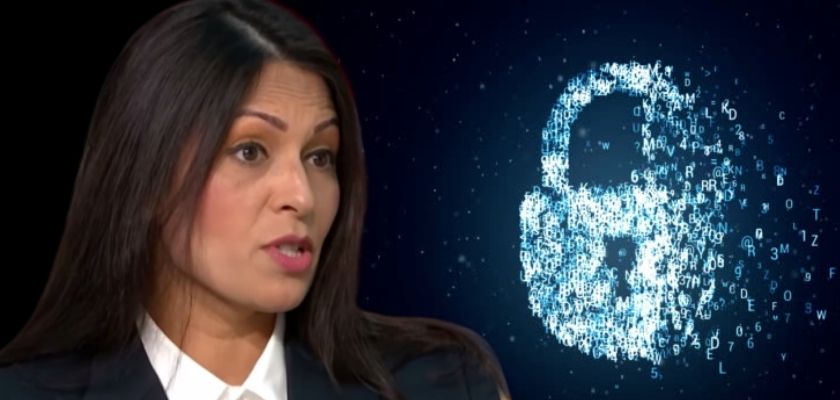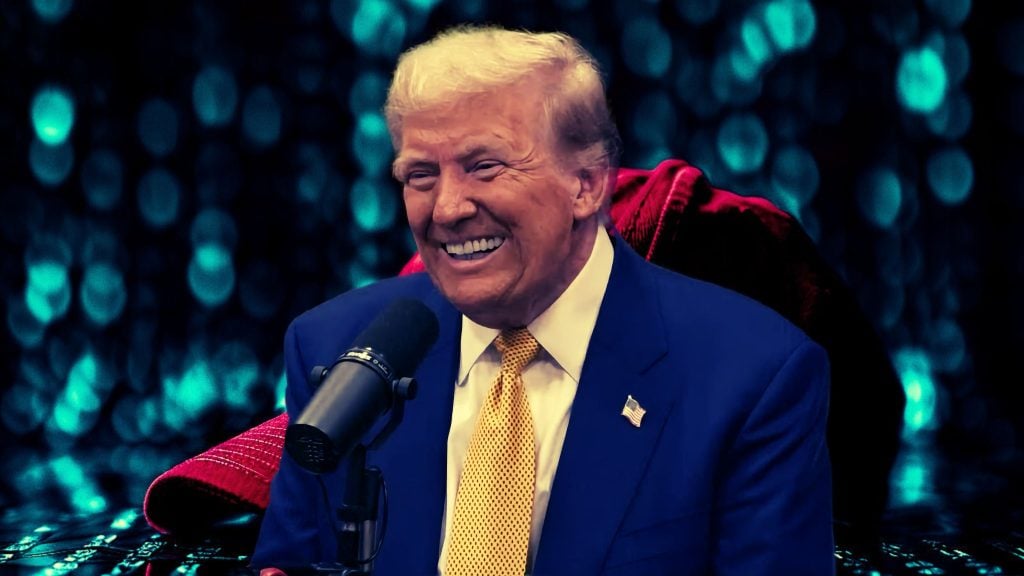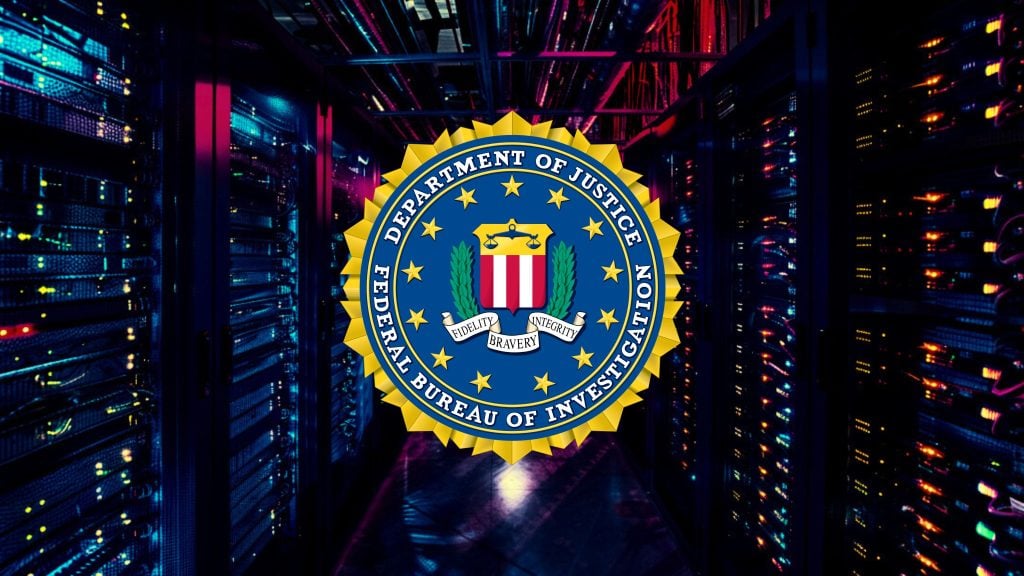Officials from various intelligence agencies in different countries have recently called for less encryption of communications – allowing spies and law enforcement backdoor access to WhatsApp and other encrypted and supposed-to-be secured online communications.
The call was made during the meeting of the “Five Eyes” nations. The group, composed intelligence officials from the UK, US, Australia, Canada, and New Zealand are calling for an end to encrypted communications in an effort to “fight terrorism and child abuse”.
This annual summit was also attended by US senior law officer William Barr who recently remarked on the proliferation of “warrant-proof encryption” that is making it easier for criminals to avoid being detected.
Although the meeting was held closed-door, the group is dealing with the challenge of data encryption becoming more effective and secure – especially amidst the different security breaches happening lately on social media platforms. Service providers are increasingly becoming interested in switching to stronger encryption techniques in order to protect user data. But that poses a problem to law enforcement and those that support mass surveillance of citizens.
While it has been confirmed that the meeting took place, no words have been spread out to the media on what transpired during the meeting.
However, British ministers already have aired their specific concerns with WhatsApp, the popular Facebook-owned messaging service. WhatsApp was allegedly used by the three plotters in the terror attack at London Bridge.
According to the British Home Office, law enforcement and security and intelligence agencies should be able to gain lawful and exceptional access to the information they need. This includes access to social media platform such as WhatsApp. The social messaging service has recently improved security since it was found out earlier that a flaw had been exploited by an Israeli spyware company. This exploit allows special software to covertly take control of a user’s phone.
However, we recently reported on the idea that Facebook are considering subverting the end-to-end encryption protocol, by compromising devices directly.
UK GCHQ (the British communications intelligence services dedicated to monitoring and breaking into digital communications) suggested that Silicon Valley companies must develop a technology that would deploy police officers or intelligence agents to social media conversations or even group chats.
This so-called “ghost protocol” was opposed by companies, civil society organizations, and most security experts.
New British Home Secretary Priti Patel concluded that the summit was “an exciting moment for the UK”. The secretary emphasized the government’s commitment to work with close partners on shared challenges specifically on national security and child protection.














